Real Estate Budgeting Guide
Buying a home is probably the largest purchase you will ever make. Whether it’s for an investment property or you plan on living in the home for the foreseeable future, you’re going to need to budget. Affording your dream property or close to it seems like such an overwhelming feat but the sooner you start the less stressful it becomes.
It’s very beneficial to track everything, all those minor and major expenses will impact you more than you think. All of the pointless things that you think you need become so costly over the years. A shirt you don’t need, an extra round of drinks or your daily coffee add up to more than you would care to know. All of those needless expenses can go into something productive. Think of it this way: you buy a coffee before work 5 days a week, that costs around $3.00, in 52 weeks that comes to $780. That’s money you could’ve saved and invested, that is probably a fraction of your needless spending.
There are various money tracking apps that will help you see where all your spent funds are being utilized. It's a very simple process and can assist you in budgeting better. Breaking down where your funds are being allocated helps with understanding where to focus your spending and presents a more concrete picture of where your money on unimportant things is going.
There are a large amount of fees that go into any real estate purchase, in order to help you control your spending it's best to know all of the required fees. Break down each cost into your monthly and annual payments. These payments can be mortgage costs, moving, condo fees, renovations, furniture, property taxes and internet fees; among many others. Ask your real estate lawyer for all the legal expenses that can arise from the property, also be aware that some lawyers do have cheaper fees but that may not include photocopy and courier fees. A home inspector can inform you of unforeseen expenses. If they see any issues with the property, you can renegotiate for a better price. As an investor, they can aid you in improving the value of the property for when you sell after you’re happy with the appreciation of your buy-and-hold strategy.
There are a number of costs associated with the purchasing process of the home, the breakdown of costs in Toronto are as follows:
Lawyers fees and disbursements are roughly $2000, but at no cost to the buyer agents as they are paid by the seller (sometimes by the developer if it’s a new construction). Independent mortgage brokers are generally free as they are paid by the lender you get the mortgage from. A home inspection fee is generally $500, while moving costs from a quality company are approximately $2000. Closing adjustments are required if the seller of the home has already prepaid property taxes past the date of title transferral, you would have to pay them a rebate of remaining fees to them, which is a prorated amount.
Something we advise at REC is for our clients to prepare for an emergency. Issues with real estate can arise, it’s not that foreign of a concept but that shouldn’t scare you away as you have the potential to make so much more. A suggestion we prescribe is putting $150 a month towards a security fund, as this grows you will feel more secure and be prepared if a problem does occur.
Don’t just see your home as a property, see it for the investment that it actually is. Think of the return you will make as it appreciates. You’re not losing money on all of these additional costs, you are slowly building equity. Track where your money is going to get a better understanding of where your value is heading. This all can seem very intimidating, but if you budget appropriately you will be at your most comfortable.

